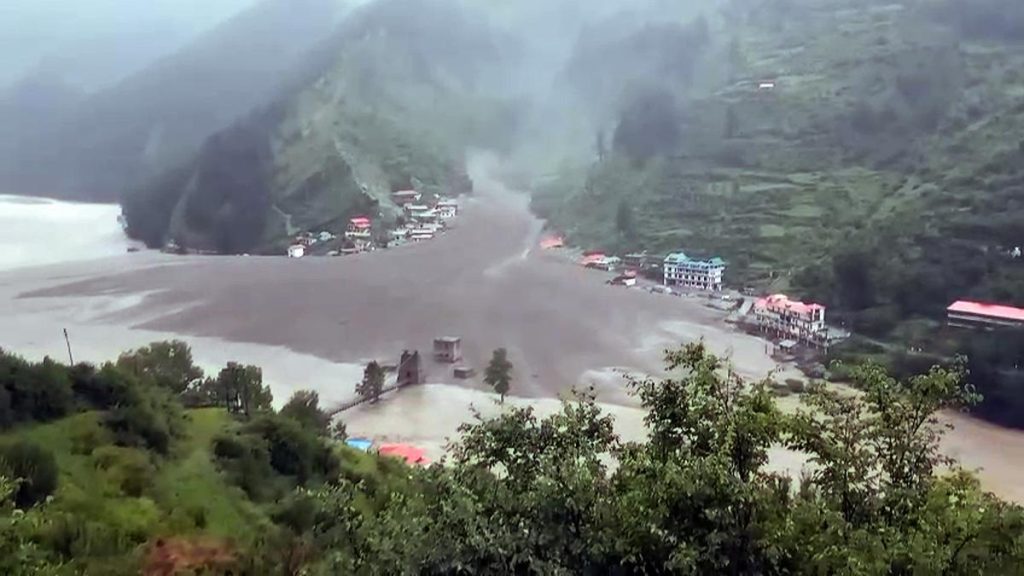Now Reading: Odisha ASI Transferred Amid FIR Refusal Allegations in Self-Immolation Case
-
01
Odisha ASI Transferred Amid FIR Refusal Allegations in Self-Immolation Case
Odisha ASI Transferred Amid FIR Refusal Allegations in Self-Immolation Case

Quick Summary
- Odisha Police transferred Assistant Sub-inspector (ASI) Sailendra mohan Palei from Pattamundai (Rural) police station to headquarters to ensure a transparent probe into allegations stemming from a 19-year-old college student’s self-immolation.
- The victim’s father alleged the ASI refused to lodge an FIR six months ago when he reported threats from the woman’s ex-boyfriend about uploading her intimate photographs online.
- Kendrapara Superintendent of Police Siddharth Kataria stated preliminary investigations suggest suicide, and emphasized that the post-mortem would be conducted with transparency, including videography and magistrate presence.
- ASI palei denied receiving any complaint or suggesting blocking the harasser’s phone number as claimed by the victim’s father; however,SP Kataria promised a thorough examination while taking these allegations seriously.
- The police have suo motu registered an unnatural death case at Pattamundai station as formal complaints await completion of family funeral rites.
- This incident marks the third such fatality involving burn injuries among women in Odisha since July 12, raising concerns over recurring cases and political criticism directed at state leadership under Chief Minister Mohan Charan Majhi.
Indian Opinion Analysis
The tragic self-immolation of a young woman in Kendrapara underscores systemic gaps in addressing gender-based harassment and lapses in timely legal intervention. Allegations against local law enforcement reveal critical issues with trust between citizens and police authorities-a problem that heightens vulnerability for those facing threats. moving ASI Palei is noteworthy for its procedural fairness but does not absolve institutions from introspecting broader accountability measures.Repeated incidents involving women succumbing to burns highlight alarming trends of either violence or extreme psychological distress across Odisha-demanding multi-dimensional responses encompassing community awareness, policy upgrades, mental health resources, gender-sensitivity training for officials, and swift justice mechanisms. Political criticism on governance bolsters urgency but risks polarization if collaborative solutions are sidelined. Transparent inquiry into this case could act as both redressal and deterrence moving forward.
Read More: Link

























